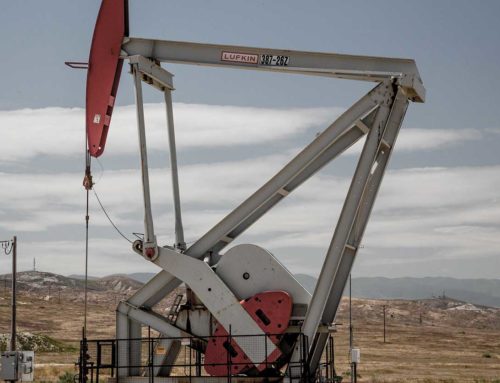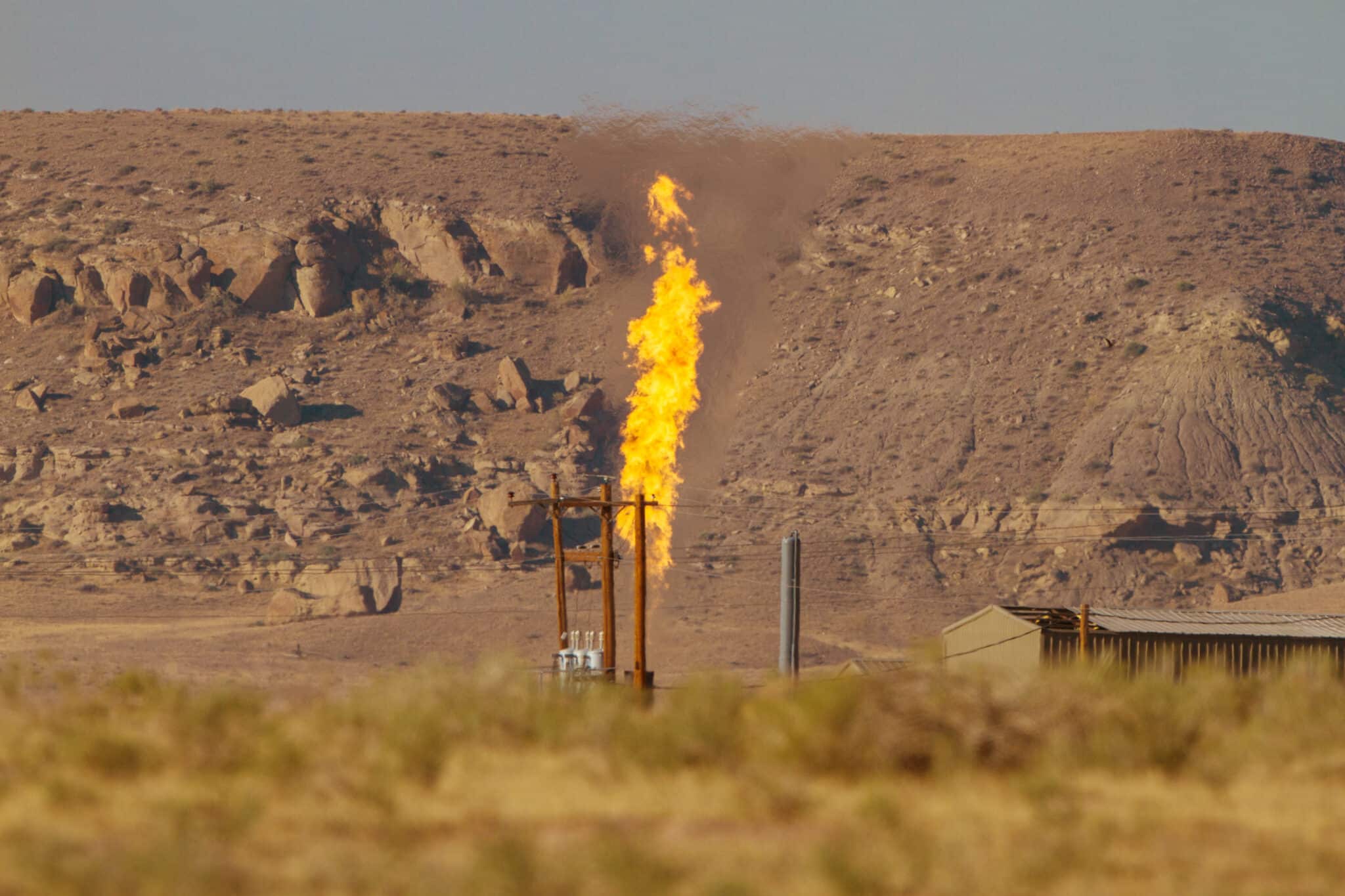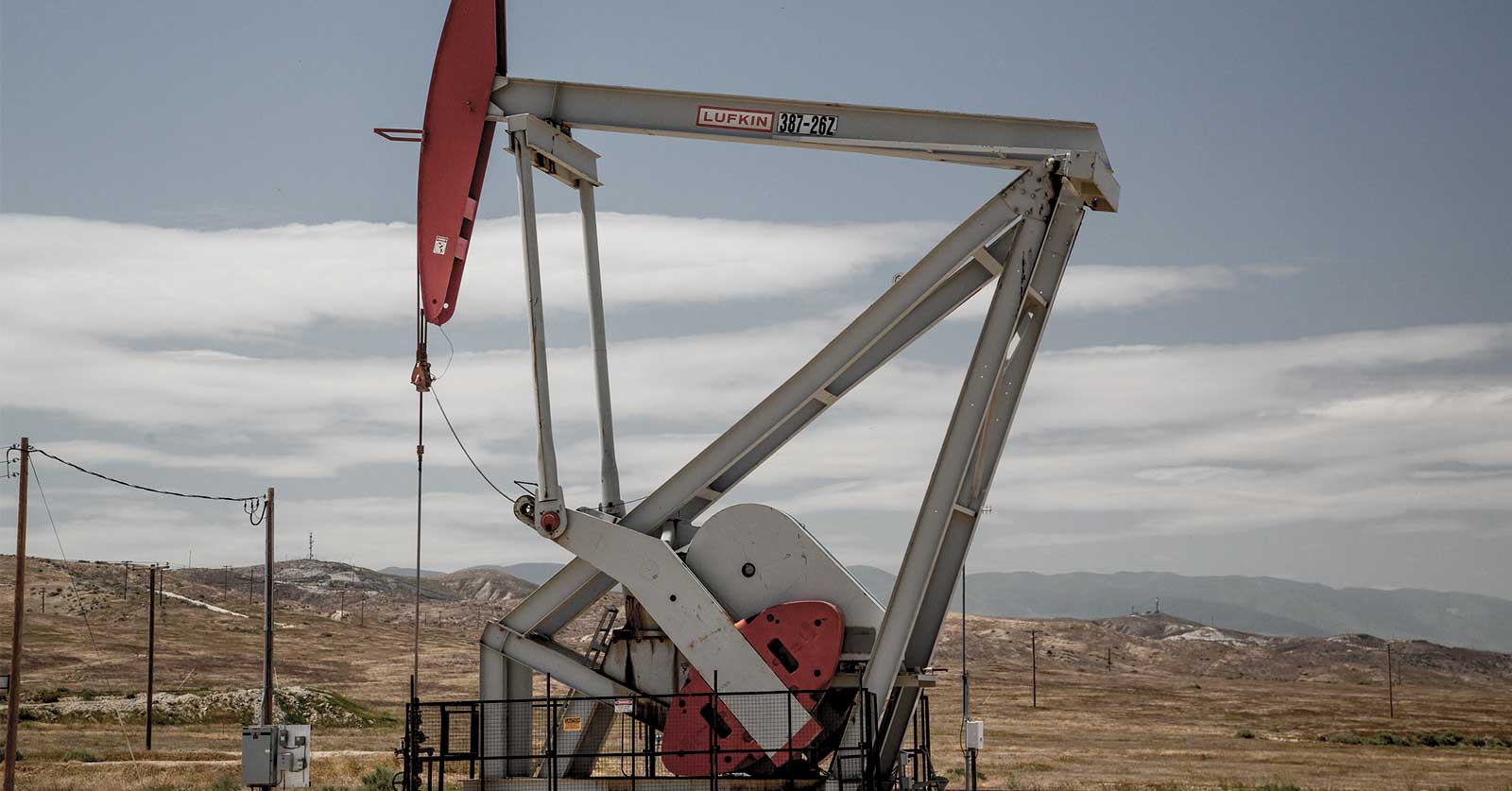|
Bonneville Power Shortchanging Taxpayers Washington, DC — Using a controversial interpretation of a federal repayment credit provided to Bonneville Power to restore endangered salmon, the electricity marketer is shortchanging taxpayers out of millions of dollars, according to the budget watchdog group Taxpayers for Common Sense. The Bonneville Power Administration (BPA) is the federal agency charged with marketing federal government electricity in the Pacific Northwest. Each year, the federal government provides BPA credits to reimburse the agency for a share of its salmon recovery efforts. BPA then uses these credits referred to section 4(h)10(c) of the Pacific Northwest Electric Power Planning and Conservation Act of 1980 to offset payments to the U.S. Treasury for money borrowed from the federal government. “Bonneville Power is running a shell game,” said Autumn Hanna, a policy analyst on Pacific Northwest salmon recovery efforts for Taxpayers for Common Sense. “These credits were intended to support salmon recovery efforts, not to allow BPA to minimize its payments to the Treasury.” Since 1995, BPA has claimed between $14.3 million and $60 million in credits each year. Credits before 1995 were placed in a reserve fund called the Fish Cost Contingency Fund (FCCF). This year however, BPA hopes to use the value of the credits and $287 million from the FCCF in order to avoid making approximately 84% of its annual debt payment to the Treasury. “BPA is essentially getting a free lunch,” said Hanna. “The agency made a minimal commitment to Pacific Northwest salmon recovery efforts this year, yet it is receiving hundreds of millions from federal taxpayers.” BPA is attempting to avoid $592 million of its approximately $708 million obligation to the U.S. Treasury by using the current and reserve 4(h)10(c) credits given to them to recover endangered salmon runs, according to the group. The joint-agency federal salmon recovery plan requires BPA to spill water over the dams to aid salmon. BPA, however, declared a financial emergency this spring and summer, permitting them to use water to produce more power and avoid using water required in the federal recovery plan to assist the salmon migration. “Bonneville is proposing an outrageous abuse of federal dollars,” continued Hanna. “Not only is BPA creatively interpreting laws and treaties that protect salmon, the agency is also misusing these credits to receive more handouts from taxpayers.” Treaty tribes, who have long pressured the power-marketing giant on river stewardship, are feeling a particular sting this year as becomes clear that survival rates for out-migrating juvenile salmon and steelhead this year were among the lowest ever recorded. “Bad business made the Columbia River more deadly to salmon than ever in its history,” said Don Sampson, Executive Director of the Columbia River Inter-Tribal Fish Commission. “Running a river to death is not cost-effective for the agency or the taxpayer. It only squanders our shared investments in restoring salmon.” In addition to using credits to pay back the Treasury, BPA is asking for permission to borrow an extra $2 billion from the federal government, a staggering increase of 57 percent in borrowing authority. According to the Northeast-Midwest Institute, this is approximately the same amount of money the Northwest aluminum industry pocketed this year by reselling the subsidized electricity BPA provided to them. “This year we have seen how BPA's obligation to the Treasury can be circumvented,” said Hanna. “Taxpayers are about to bail out a fiscally unaccountable Bonneville. The U.S. Treasury and federal lawmakers should think twice before allowing BPA to borrow $2 billion more from the government.” Northwest fish and conservation advocates wrote a letter to Congress stating that, while they believe BPA may need more money for salmon protection, conservation and transmission investments, new borrowing authority should not be given to Bonneville without closer Congressional oversight and a detailed plan for prioritizing spending. The letter argued that given BPA's record on salmon protection this year, simply providing BPA an open wallet was not acceptable. Much of Bonneville's financial problems result from its overextending power contracts in 2001, signing agreements to provide 11,500 megawatts of power while only having the capacity to produce 8,500 megawatts. Initially, BPA announced that power consumers should expect a substantial rate increase in 2001. Instead, the agency opted for a smaller rate increase and largely ignored its legal obligation to preserve salmon runs. “After years of subsidizing power for special interests in the Pacific Northwest, the chickens have come home to roost,” continued Hanna. “BPA now faces a clear choice between continuing to distort the energy market or meeting its legal obligation to federal taxpayers and treaty tribes in the region.” Several stocks of Lower Snake River salmon and steelhead are already extinct or headed towards extinction. If the salmon become extinct, federal taxpayers could be liable for billions of dollars in compensation payments to treaty tribes.
“The cost of inaction is too high a price to pay,” concluded Hanna. “It's time BPA did something that benefits the survival of salmon and not just its pocketbook.” |











